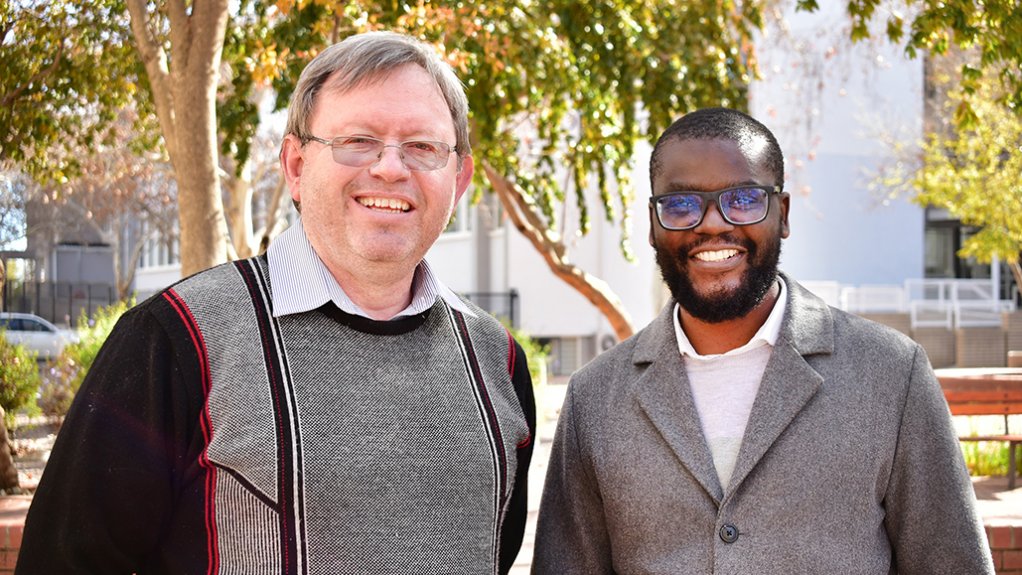A study undertaken by researchers from South Africa, the UK and Brazil has revealed that the Covid-19 pandemic deepened inequality and has had debilitating long-term effects on children and young people’s interests, particularly regarding their health, welfare and access to education.
The study was conducted by researchers from the University of the Free State (UFS), Fort Hare, University College London (UCL), University of Birmingham, Nottingham Trent University and the University of Sao Paulo.
It formed part of the first stage of the PANEX-Youth research project and is divided into two volumes: the ‘Long Report’ which addresses the wider impact of Covid-19 across the world and the ‘Short Report’ which highlights its impact on South Africa, the UK and Brazil.
Children and young people’s education has been diminished along with their access to quality food, the study revealed. Further, their ability to develop socially has been restricted and the digital divide has seen children and young people from disadvantaged backgrounds unable to proceed with their education online.
The team of researchers from the UFS comprised of senior lecturer in the Department of Geography Dr Abraham R Matamanda and head of the University’s Centre for Development Support Professor Lochner Marais.
They put together recommendations to ensure that children’s well-being is incorporated into future pandemic planning.
“The Covid-19 pandemic showed the lack of understanding of what children and young people need in their daily lives. During the pandemic, the rights of children and young people, especially play/leisure, accessing adequate food and education, seemed to be overlooked or least prioritised,” said Dr Matamanda.
The recommendations focus on safeguarding the needs of disadvantaged children, considering their lived experiences and acknowledging the vital role that schools play in the care and development of children.
“Our research shows that because of policy gaps and slow government action during the pandemic, disadvantaged children and young people are now facing serious consequences that could be with them for a long time,” said UCL Professor of Planning and Urban Transformations Lauren Andres.
EMAIL THIS ARTICLE SAVE THIS ARTICLE ARTICLE ENQUIRY
To subscribe email subscriptions@creamermedia.co.za or click here
To advertise email advertising@creamermedia.co.za or click here











